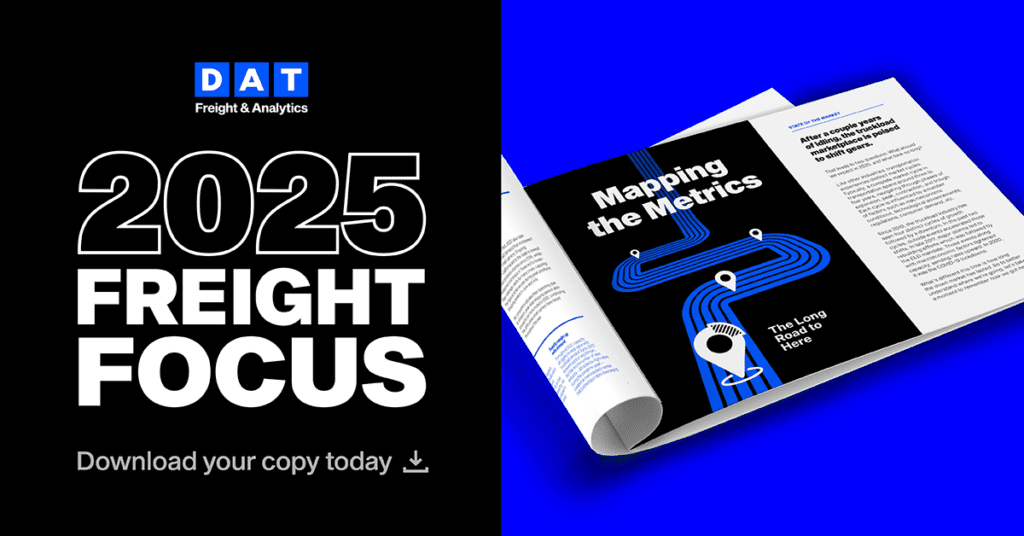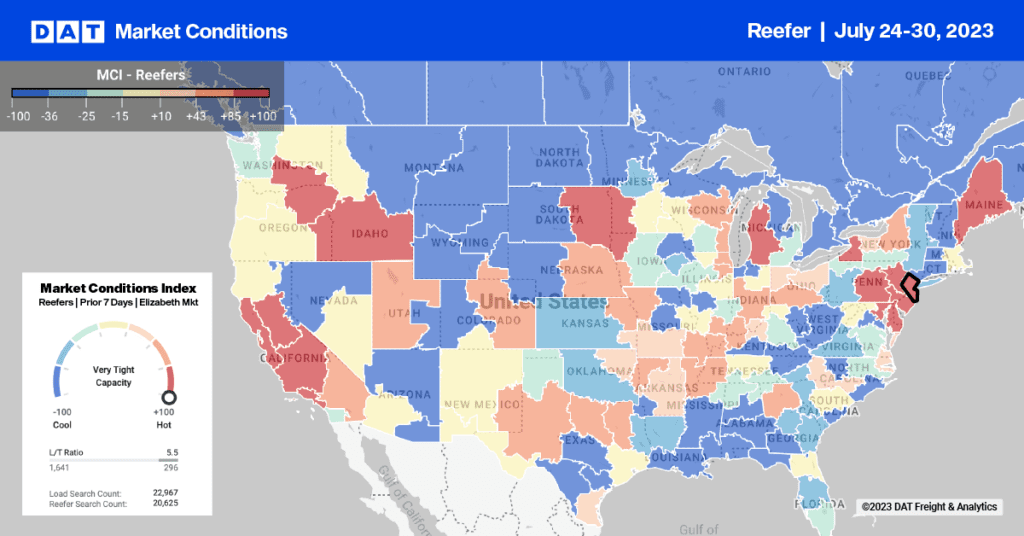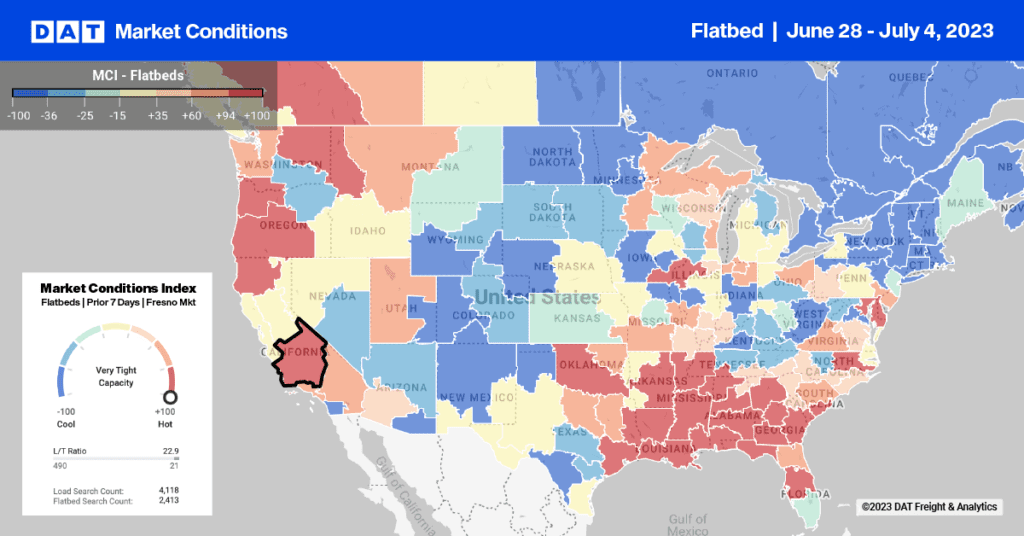We received 83 comments to a recent blog post, “The Death of the ‘Buck-A-Mile’ Backhaul,” where I discussed trucking costs and freight rates. Many of the comments came from carriers who blamed brokers for offering low rates. A few of the commenters indulged in name-calling, and our blog moderator had to delete some of the more colorful expressions.
All of that got me thinking about the relationship between carriers and brokers. It’s no secret that many carriers would prefer to work directly with shippers 100% of the time. Some carriers will tell you that brokers are cheating them with “cheap freight,” and a few of the small fleet owners vowed that they would refuse to work with brokers. But brokers are not your enemy. In fact, they can be good customers — even salesmen — who can help you to build your business.
Meanwhile, brokers keep on offering freight — and not all of it is cheap. Shippers are paying freight brokers and other third-party logistics providers to move all kinds of freight. Even when the resulting rate is higher for the shipper, using a broker may lead to savings. For example, many shippers have reduced their in-house traffic and logistics teams, as part of overall cost-cutting measures. With fewer personnel to qualify and find carriers, the shippers turn to brokers and 3PLs.
Brokers Are Your Customers
For carriers, especially small fleets and owner-operators, these intermediaries are just a different type of customer. As with any customer relationship, a good one is valuable and a bad one can waste your time. As with any customer, you want to build ongoing relationships with brokers, even before you need them. Learn about their special expertise — whether it’s a geographic area. equipment type or commodity — and explain your pricing to them. Some brokers will be in a position to offer you freight in premium lanes as well as the traditional “backhaul” lanes. Ask for your prices. In fact, your headhaul rate in a high-demand lane may even be a bit higher for the broker than it ordinarily would be for a shipper customer. You may be surprised at what good-paying freight starts to roll in.
Now you are cultivating a new set of customers, while your competitors still refuse to deal with brokers. That’s because those carriers call brokers only when a truck is in a terrible location for outbound freight, or when it’s Friday afternoon and the driver needs to get home. In those situations, the broker is likely to offer ‘market’ rates, which could be pretty low. Brokers don’t expect to have any trouble finding a truck in that location, and their shipper customers aren’t paying much of a premium to move that freight. Remember, in those scenarios, your competitor was unable to find freight on his own, and he is calling the broker as a last resort.
If you develop a good working relationship with several brokers, you may gain access to a broad selection of loads, and you can take the ones that make sense for your operation. You can also pass on other loads when they don’t fit your schedule. This gives you a degree of flexibility that you might not have with a direct shipper contract.
Brokers Are Your Salesmen
Brokers can be especially helpful for small fleets and owner-operators. The big carriers invest a lot of money in maintaining a national sales force to help them find freight and establish contracts. Smaller companies rarely have those sales resources, so they rely on brokers to fill otherwise empty miles. In a sense, the brokers’ margin is paid from the money that would have gone to a salesman’s commission. The broker, like a good salesman, brings the customer’s business to you.
Some brokers are backhaul specialists. They focus on moving freight in weak markets. Others, however, are in business to provide shippers with capacity in tight markets. These brokers don’t hesitate to pay trucks what they are worth.
Brokers Pay for Service
Brokers who specialize in capacity understand that they cannot provide service to their customers in high-demand lanes unless they are willing to pay a premium for equipment. The shippers use these brokers anyway, because the broker is able to get the job done. Shippers also understand that the alternatives, including expedited transportation or less-than-truckload exclusive use of a vehicle, would be even more expensive than a high truckload rate. In these cases, the broker adds value with his ability to find equipment in a tight market.
Get to know some good brokers, and treat them like valued customers. You may even want to reserve some capacity for brokers whose business fits well with your needs. As you build an ongoing relationship, your broker customer will appreciate and reward the same qualities that have made you successful with shippers: good communication, reliable drivers, clean trucks and professional service.


